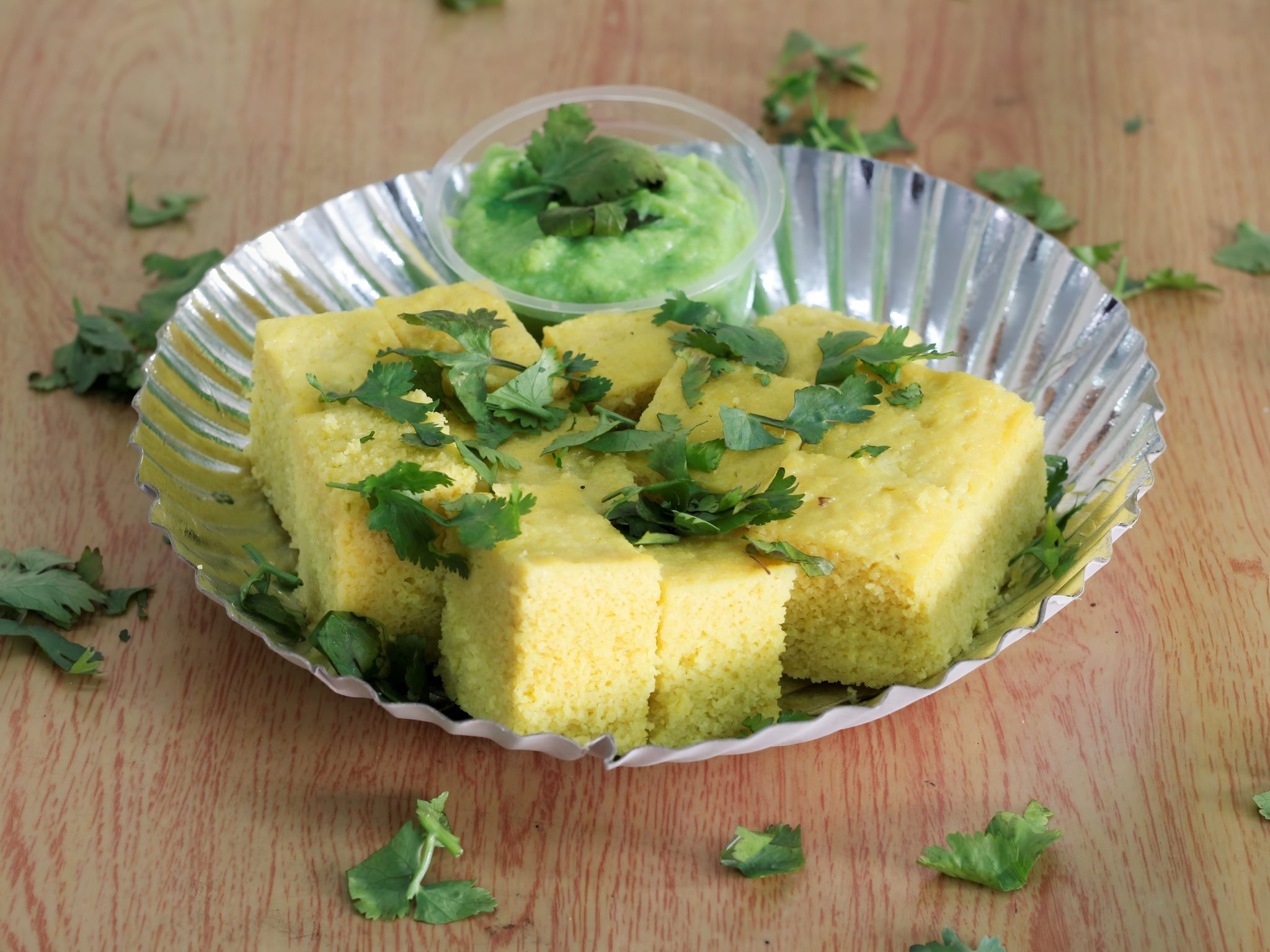Lithium is best known as a psychiatric treatment, but in tiny amounts it’s naturally present in what we eat and drink. New research suggests this trace element could support brain health, mood balance, and even protection against age-related decline. Here are 10 food and drink sources that provide it.
Whole grains and vegetables

Cereal grains and many vegetables are the biggest contributors to daily lithium intake, with plants like coriander, tomatoes, garlic, cumin, and nutmeg containing some of the highest levels.
Leafy herbs

Fresh herbs such as coriander leaves have a particularly high lithium content compared to other greens, making them a surprising dietary source.
Common vegetables

Staples like onions, cauliflower, rice, mushrooms, and wheat contain smaller amounts, but because they’re widely eaten, they still play a role in daily intake.
Also read: Still Tired After 8 Hours of Sleep? Here’s What You’re Missing
Drinking water

Lithium levels in tap water vary enormously by region. Some areas, such as parts of Chile and Argentina, report concentrations more than 1,000 µg/L, while much of Europe has far lower levels.
Seawater and mineral waters

Seawater naturally contains more lithium than freshwater. In some cases, bottled mineral waters sourced from underground aquifers also carry higher amounts.
Citrus fruits

Lemons, limes, grapefruits, and clementines all carry measurable lithium content, contributing to intake when consumed regularly.
Grapes and apples

Both grapes and apples contain lithium in small quantities, adding to the background level of intake through fruit consumption.
Also read: This Is How You Finally Stop Biting Your Nails
Bananas

Though not especially high in lithium, bananas are another everyday fruit that consistently adds to the mineral’s trace presence in the diet.
Nuts and seeds

Nuts are among the richest plant-based sources, with cashews and walnuts topping the list. Sunflower seeds, hazelnuts, and pine nuts also contribute notable levels.
Animal products and fish

Meats contain relatively little lithium, but certain fish, such as canned tuna, have been found to carry higher concentrations, depending on the source.
Artiklen er baseret på informationer fra News Medical
Also read: Walking too far with arthritis? Here’s how to know when to stop
Also read: Here’s what could change in your body if you use creatine every day
